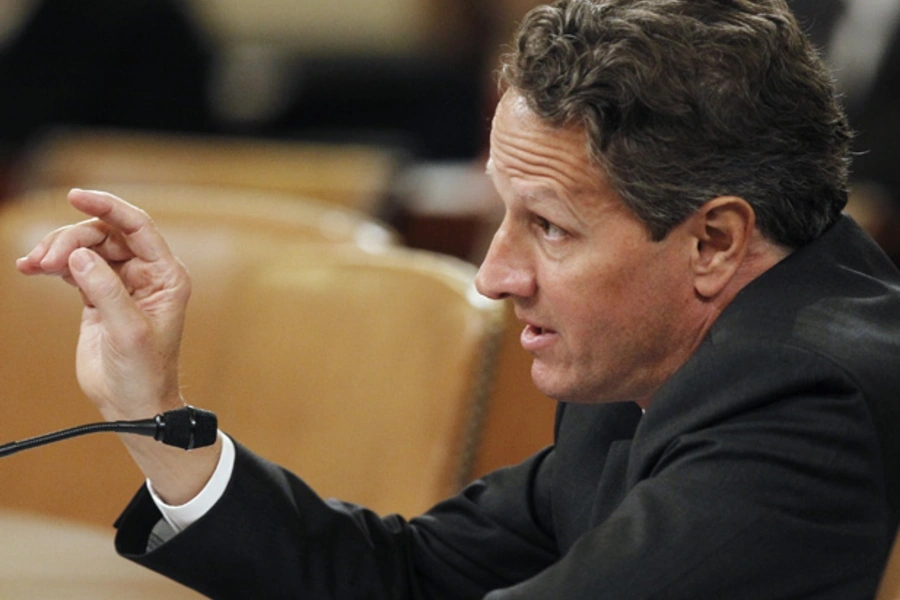How, and How Not, to Debate The Budget

In our current political climate, the budget of the President is no longer a legislative proposal--it is merely an invitation to debate. And in the aftermath of the release of the budget Monday, we have seen some of the worst and some of the best that Washington can offer.
For the worst, take a glance at House Speaker John Boehner’s press conference of Wednesday morning. The opening premise was that the White House proposal to raise taxes on top income earners would primarily be a tax on small business owners (no, it’s not). Majority leader Eric Cantor (R-VA) went on to cite a new Gallup poll of small business owners that he claimed showed that most were not hiring due to fears over government regulations and health care costs (actually, reasons 1 through 4 all cited general economic weakness as the cause). And Representative Cathy McMorris Rodgers (R-WA) suggested that “the president has actually proposed a road map to Greece” (no, he hasn’t).
For the best, it is worth sitting through the video of Treasury Secretary Tim Geithner’s appearance Tuesday before the Senate Finance Committee. It does not begin especially well. Senator Orrin Hatch (R-UT) starts out by claiming that the budget proposal “is a plan for a permanently larger, European style government” (no, it’s not).
But things look up from there. Geithner set the tone:
“I know the conventional wisdom in Washington is that this debate we begin today does not matter because Congress is too divided to legislate in this election year. But this debate is a very important debate. It matters because this is a fundamental debate about economic priorities, about how to increase growth and opportunity, how to strengthen health care and retirement security, how to reform our tax system, how to live within our means.”
What follows are a series of mostly respectful exchanges on the core challenges over how to manage the difficult feat of restraining growing government debt in a weak economy. There are some areas of agreement. Senators from both parties, as well as Secretary Geithner, made clear their preference for broader tax reform over the specific changes proposed in the budget to raise rates for the highest earners. There was no disagreement that much more needs to be done on entitlement reform, as well as an honest acknowledgment of the political perils that face any politician trying to lead on that issue.
The differences were certainly large. Senator Jon Kyl (R-AZ) challenged Geithner over whether it was fair that the top 1 percent of taxpayers paid 40 percent of all income taxes, while the bottom 50 percent paid no income tax at all (Geithner – “I don’t see how the alternatives are more fair”) . There were serious disagreements over the right mix of revenues and spending cuts needed to bring the budget under control. There was a sharp exchange between Geithner and Representative Olympia Snowe (R-ME) over whether the administration’s policies were hurting job creation by creating uncertainty and sapping business confidence (Snowe cited polls; Geithner countered with surging corporate profits)
If Republicans and Democrats are ever to find common ground on tax and spending issues, it will happen through discussions like this one. While it remains hard to be optimistic, the relatively quick way in which Republicans and Democrats came together around a full-year extension of the payroll tax cut and unemployment benefits may indicate that the combatants are ready to move on to tougher questions rather than fighting the old battles.
The President’s budget, at least, has begun the conversation anew. And that’s about the best, these days, that a budget can do.
 Online Store
Online Store
